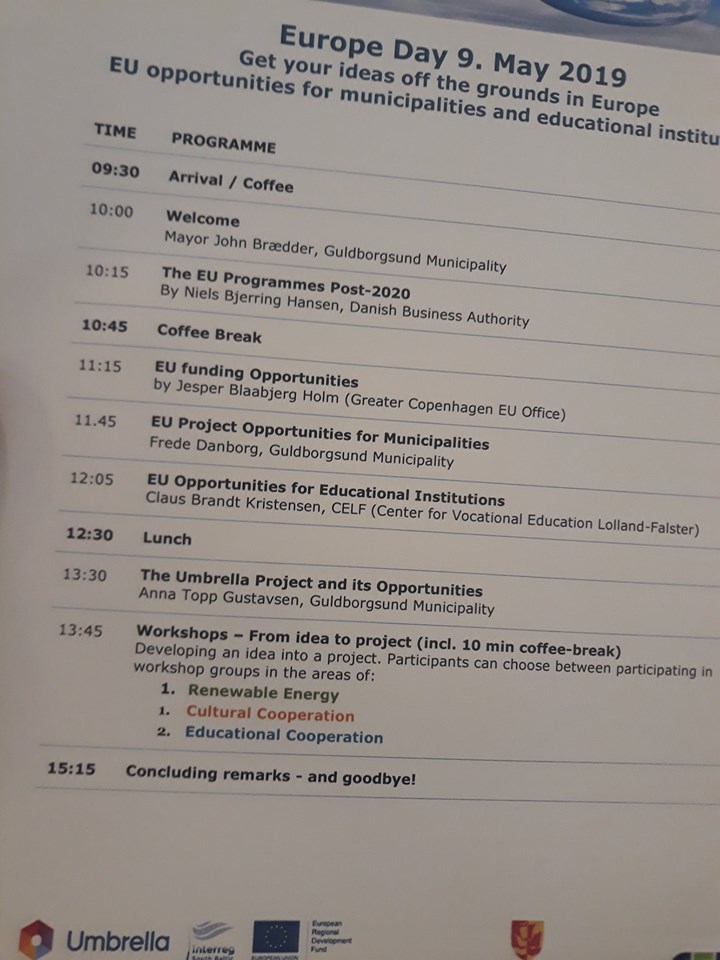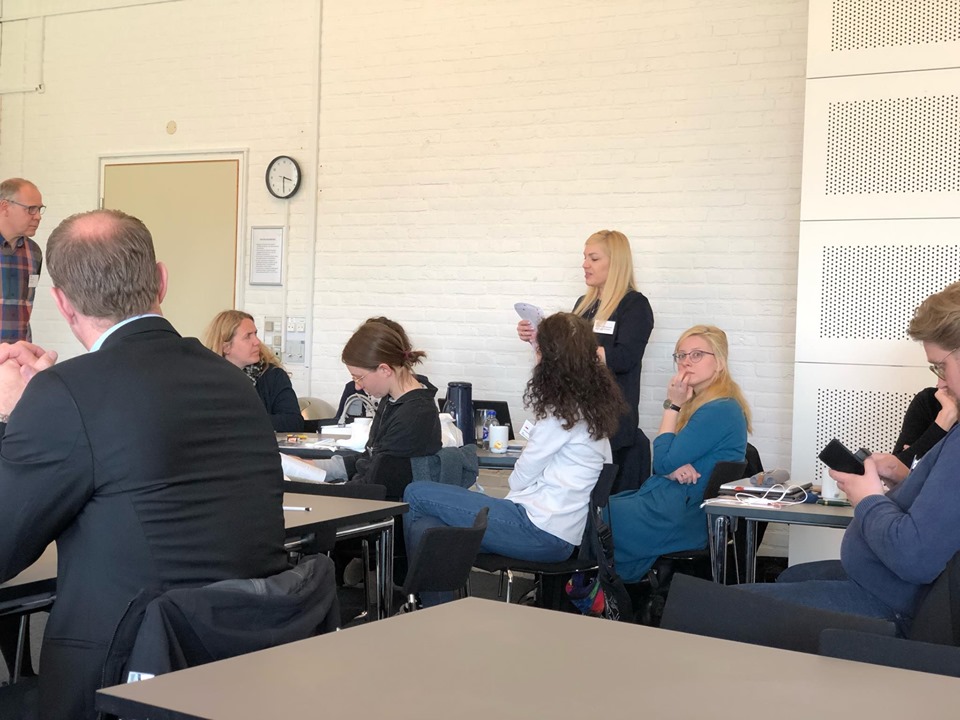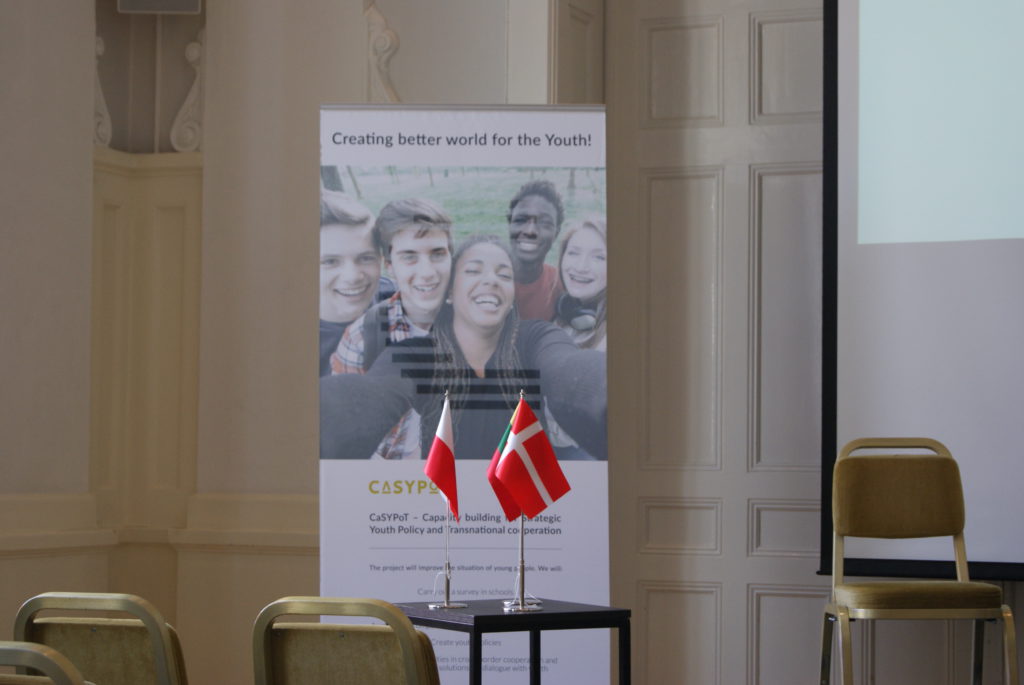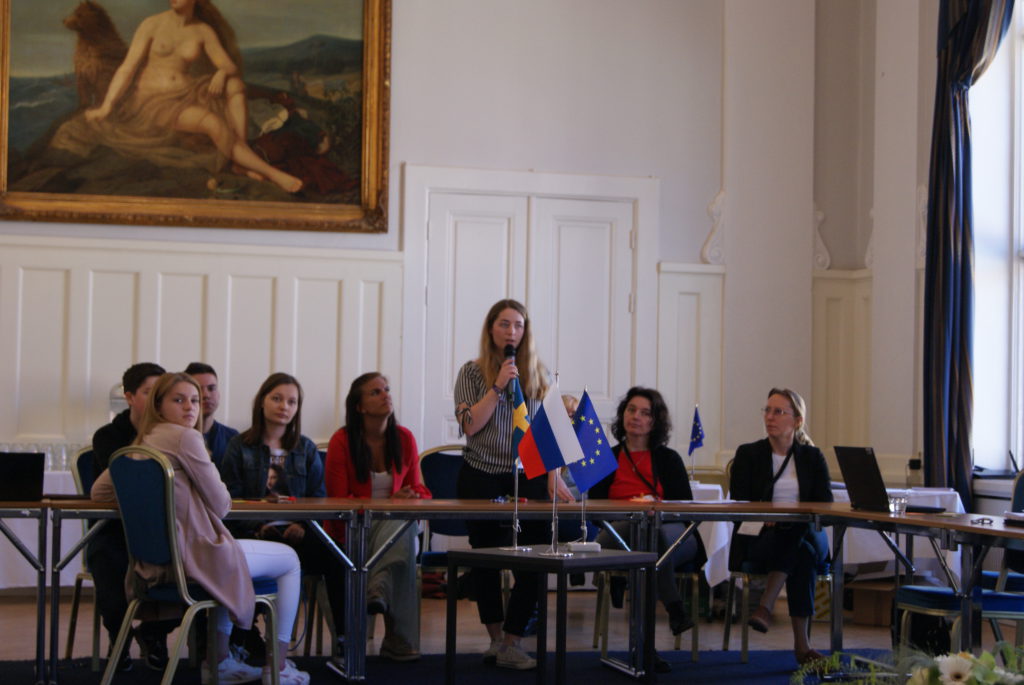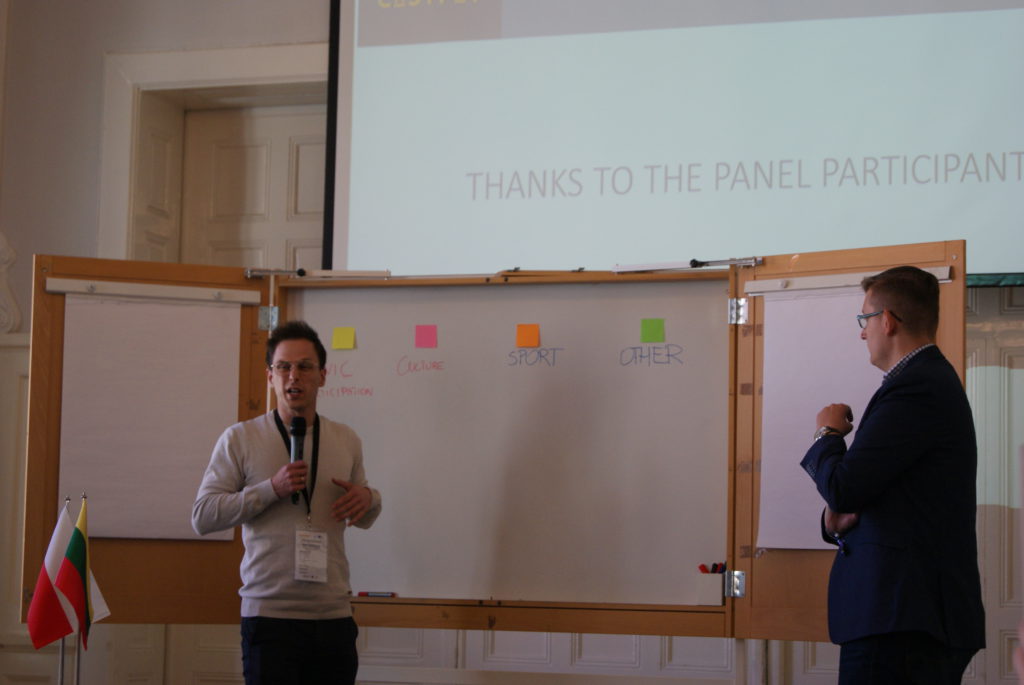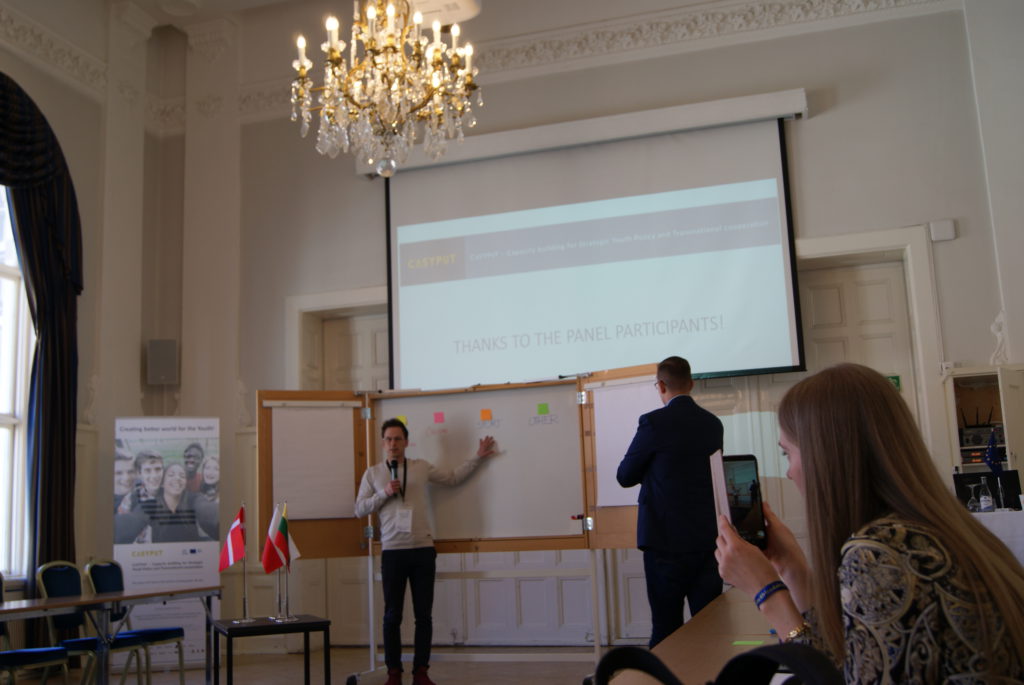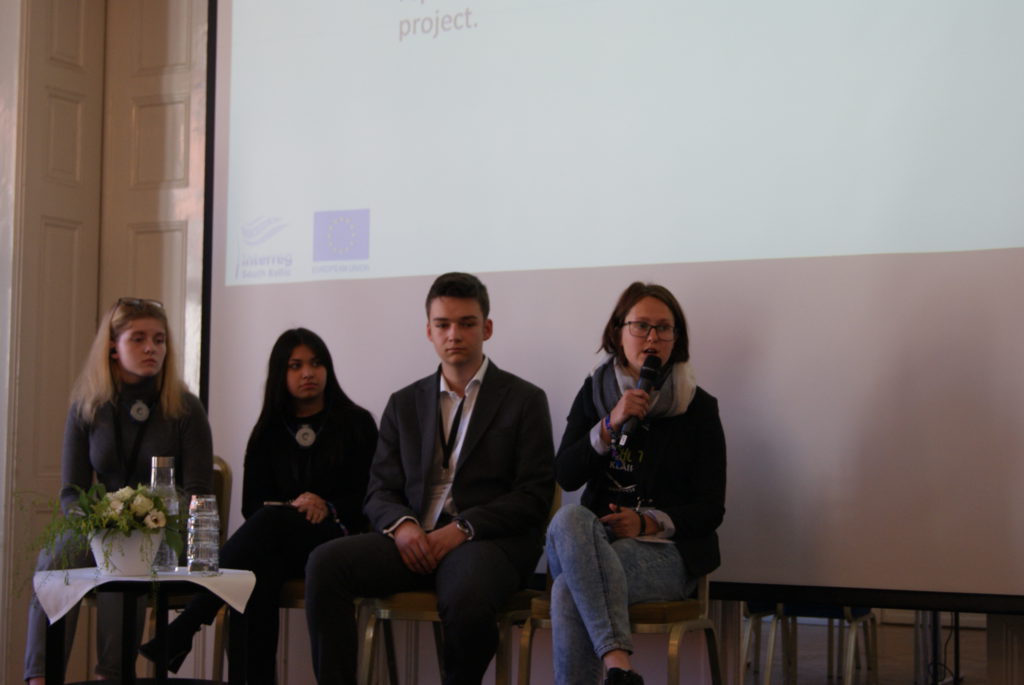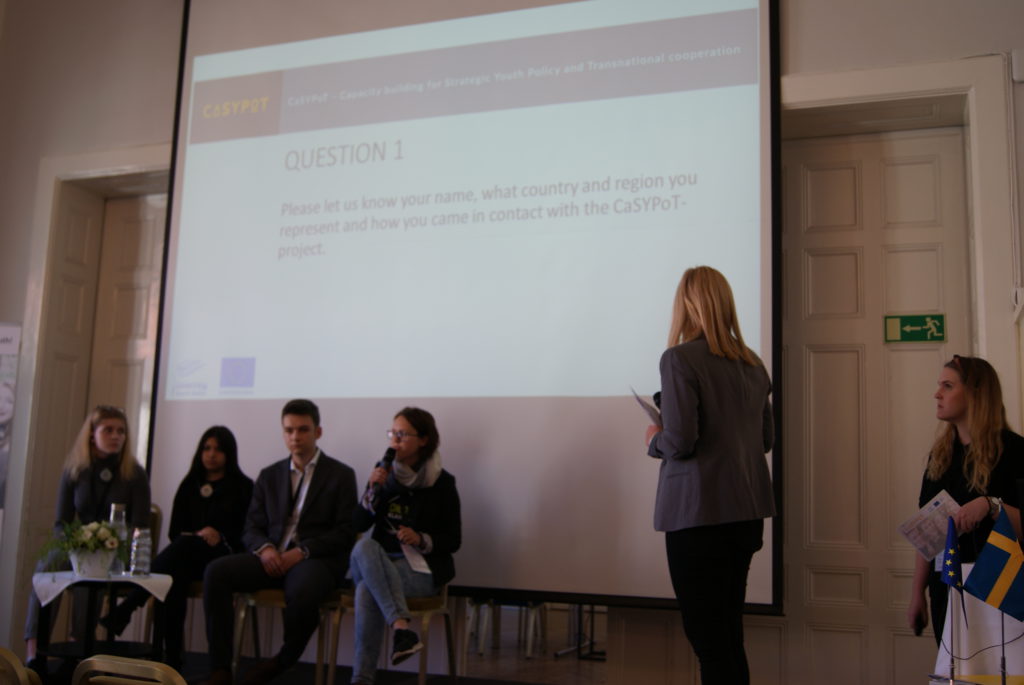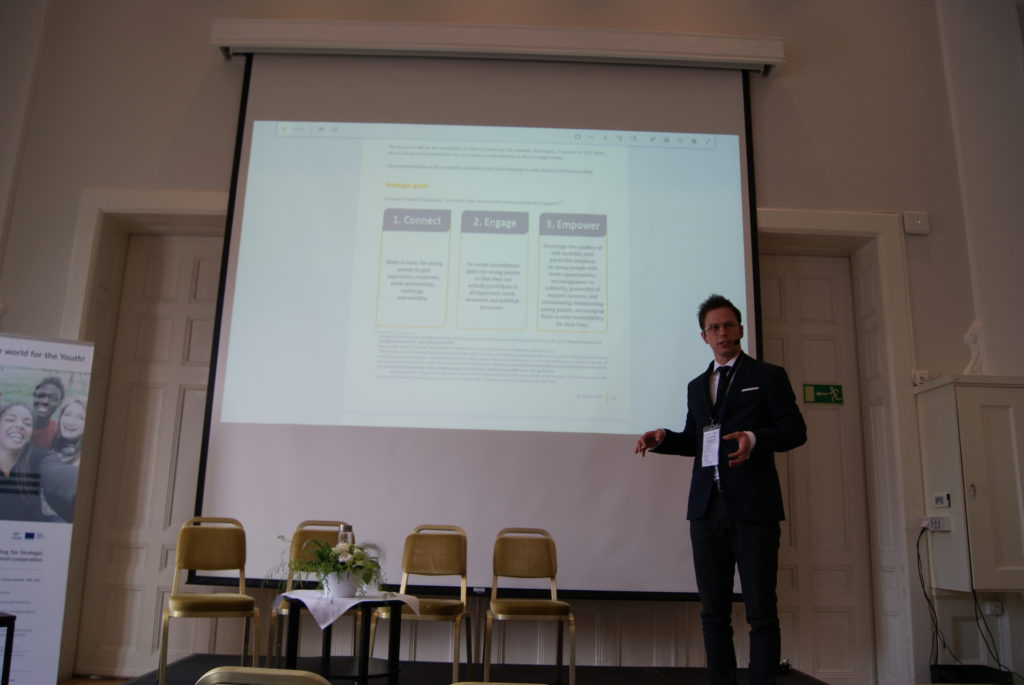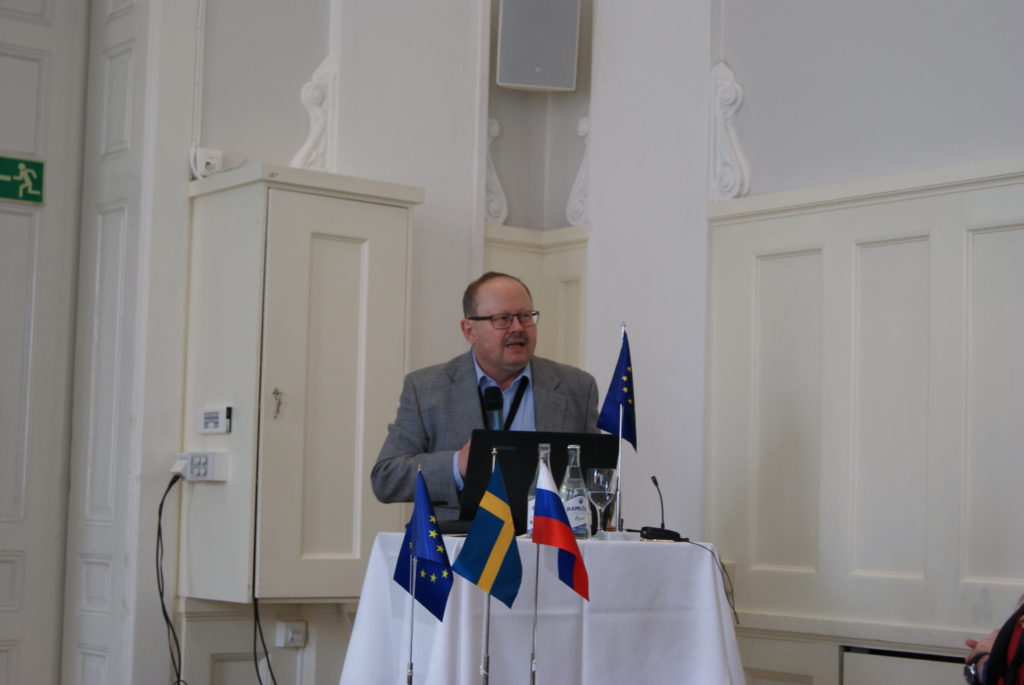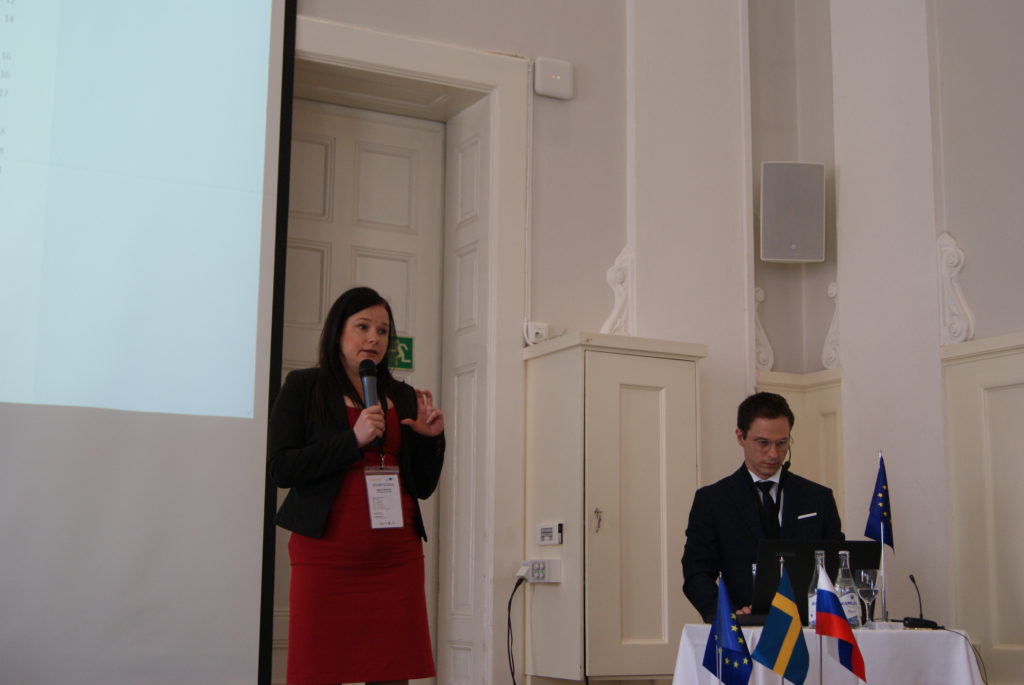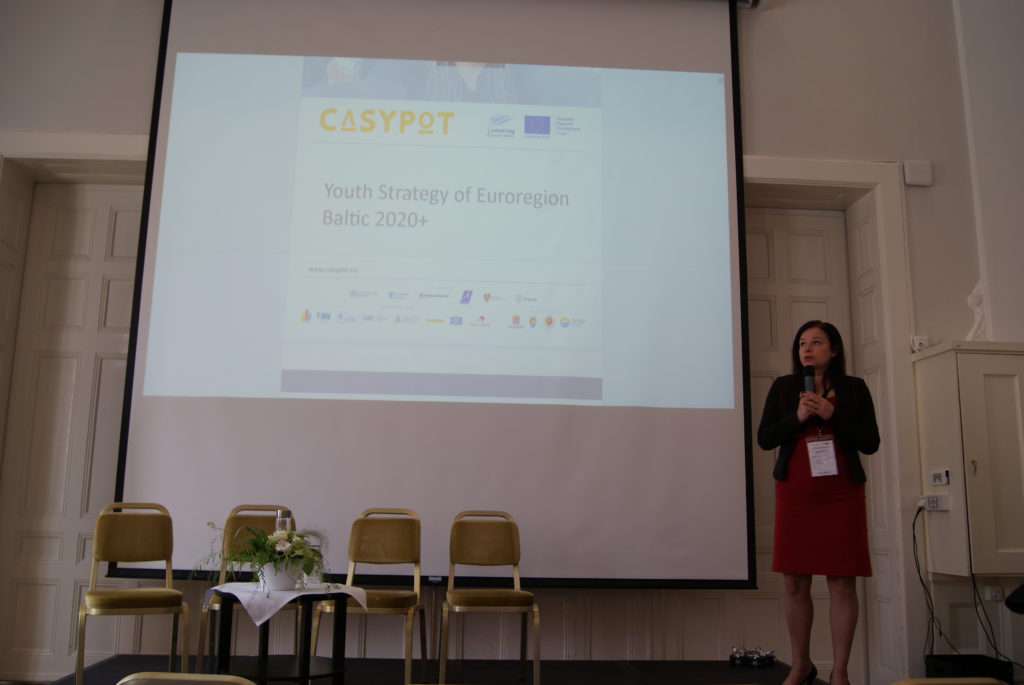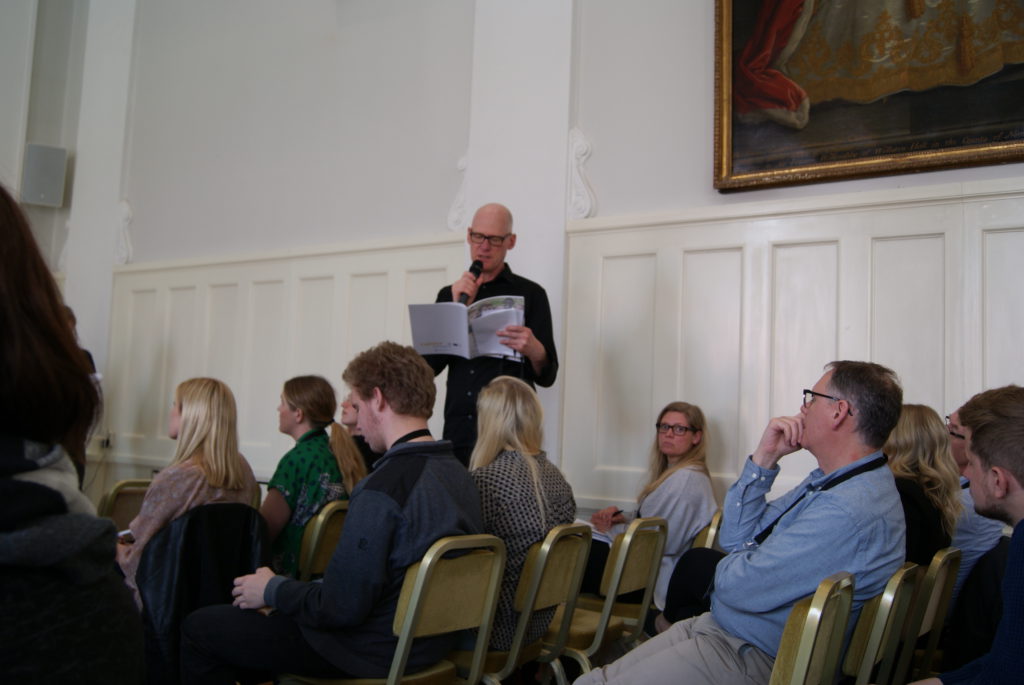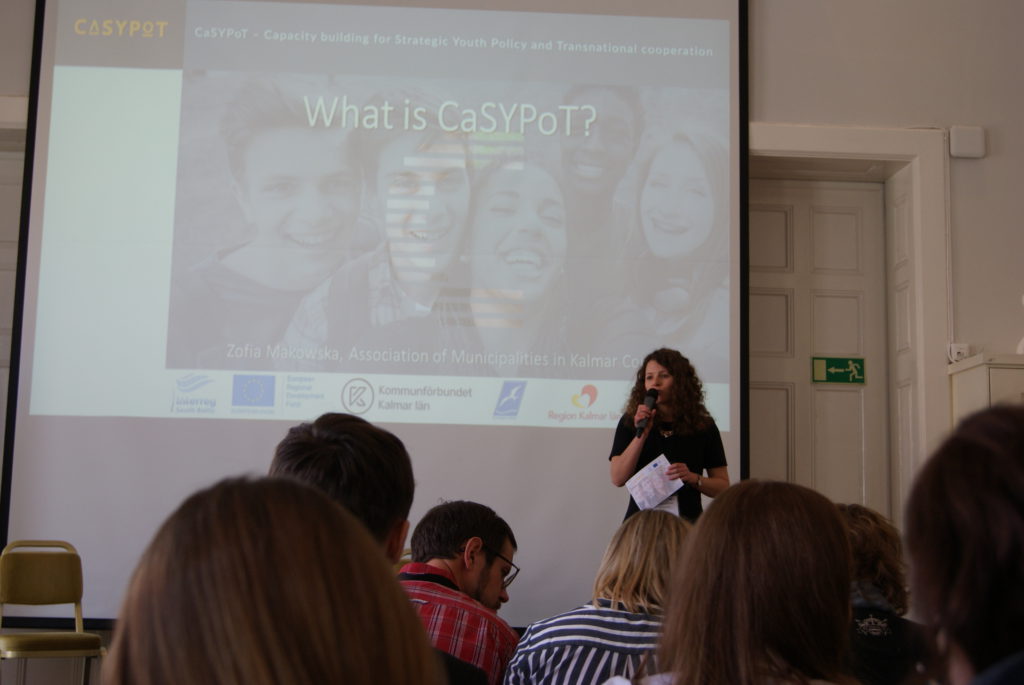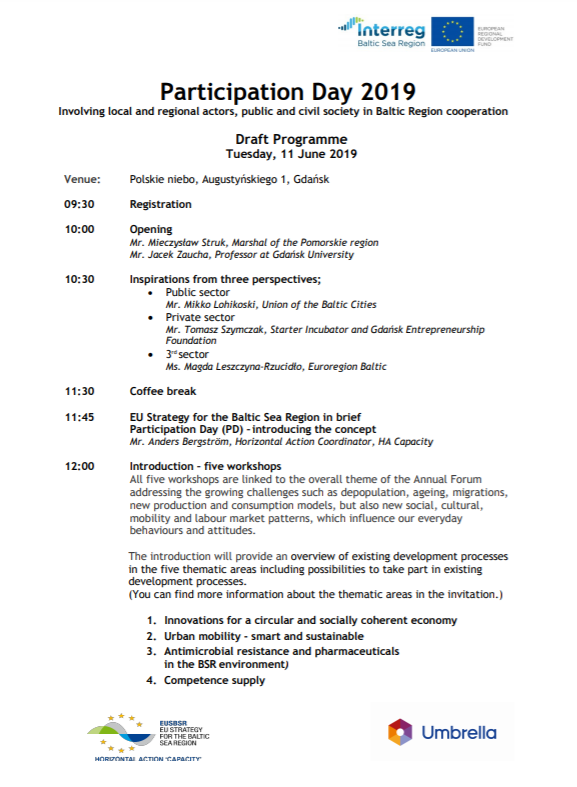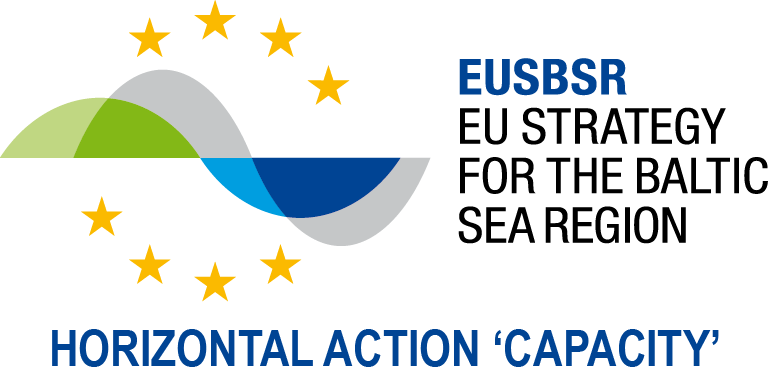The IX Kaliningrad partner – regions Forum took place in Kaliningrad on 18-19 June 2019. Among participant there were Vice-Governor of the Kaliningrad region Mr. A.Rolbinov, Chair of the Kaliningrad region Duma Ms. M. Orgeeva, Ambassador-at-large of the MFA of Russia Mr. M. Vanin, Deputy EU Ambassador to Russia Ms. A.Simkic, director of the Department of Development and Foreign Economic Affairs of the Ministry for Economic Development of Russia Ms. L. Schur-Trukhanovich and other officials.

More than 300 participants from Poland, Lithuania, Belorussia, Germany, Norway, Latvia and the regions of Russia (Kaliningrad, Murmansk, Moscow, Saint-Petersburg, Archangelsk, Novgorod, Pskov, the Leningrad region and the Komi Republic) took part in the plenary session and thematic sections, discussed practical aspects of regional cooperation in various spheres.

Mr A. Rolbinov in his speech on behalf of the Governor of the Kaliningrad region said: “The Forum is organized on an annual basis which proves the interest of all participating parties in building partnership relations. One of the good examples of such long-term interaction is the implementation of the Cross-border cooperation Programmes “Poland – Russia” and “Lithuania – Russia”. At the moment the contraction of projects is going on, and the interesting fact is that most of them are aimed at tourism development and cultural heritage preservation.

The Vice-Governor also reminded participants about the forthcoming launch of the free E-visas mechanism for foreign citizens planning to visit the Kaliningrad region: “There will be an opportunity to apply for a visa at the special website and to get entry notice in just 4 days. The E-visa is free and the term of stay is 8 days”.

The Ambassador-at-large of the Russian Ministry for Foreign Affairs Mr M. Vanin also welcomed the participants: “During some previous years the Forum became an important regional event. It gives impulse to further development of international cooperation between the Kaliningrad region and European countries. Achieving success in establishing regional and municipal links we develop trust between the neighbouring countries. We want the Baltic Sea region to be sustainable and prosperous. The Forum contributes to working out coordinates for practical actions. Ministry of Foreign Affairs is now participation in preparations for launching processes of agreeing on programs for the next financial period 2021-2027”.
A number of pan-baltic organizations were presented including the Euroregion Baltic and BSSSC – Kaliningrad Region is an active partner in both of them. Also, there was a presentation of the outcomes from the recent Baltic Sea Youth Camp organized in Gdańsk, Poland jointly by the: BSSSC, Euroregion Baltic, Union of Baltic Cities and co-financed by the CBSS.


Several agreements were signed during the Forum. Among them two grant contracts for the implementation of the large-scale strategic projects within the Cross-border cooperation Programme “Poland – Russia”: construction of the bikeway from Zelenogradsk to Svetlogorsk and construction of the wharf in the Svetliy municipality.










